
Contents
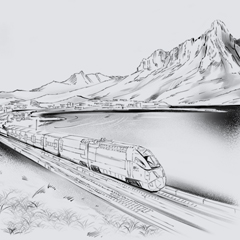
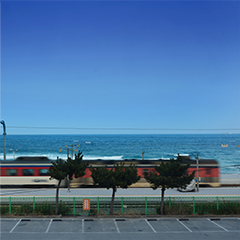

Gangneung Chodang Dubu


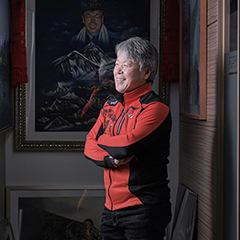

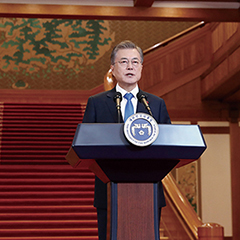

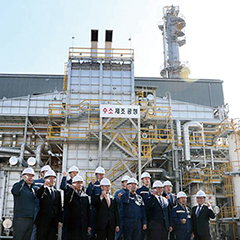
Policy Review · Written by Sohn Ji-ae
Well-Balanced Regional
Development
The Moon administration has vowed to make Korea an “innovative, inclusive nation
where everyone lives well and prospers,” adding that only when provincial areas are developed
economically can the nation achieve its ultimate goal and display its full economic potential.
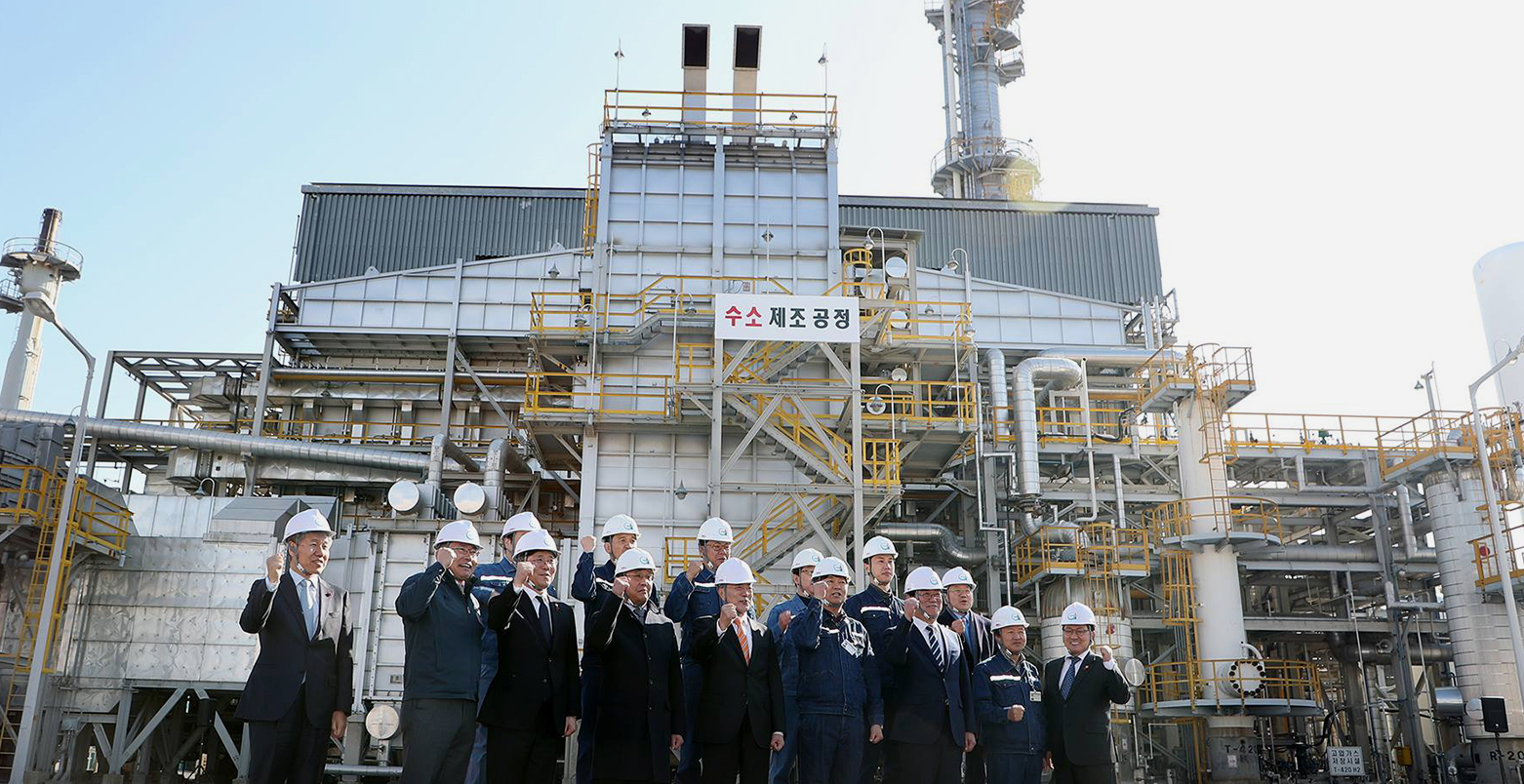
Ulsan, home to Korea’s biggest hydrogen-related plants, has been declared by the government as a city that leads the nation’s “hydrogen economy.” © Chung Wa Dae
In 2012, the government designated Sejong, formerly Yeongi-gun County, Chungcheongnam-do Province, and located about 123km south of Seoul, as Korea’s first special autonomous city to serve as the seat of national administration. Many ministries and agencies have since been relocated from Seoul to the city.
Once underdeveloped and underpopulated, the area in and around Sejong has swiftly grown over the years into an emerging metropolis, with the population surpassing 300,000 and more businesses springing up. The transfer of national functions to a provincial region not far from the Seoul metropolitan area was part of a broader national plan to decentralize economic and political power that had long been concentrated in Seoul and vicinity.
Yet much work remains to empower other provincial areas and alleviate the population pressure on Seoul. People from rural areas often head toward the capital to find jobs and business opportunities that are scarce in their hometowns, a trend that has worsened economic polarization and inequitable distribution of economic benefits nationwide.
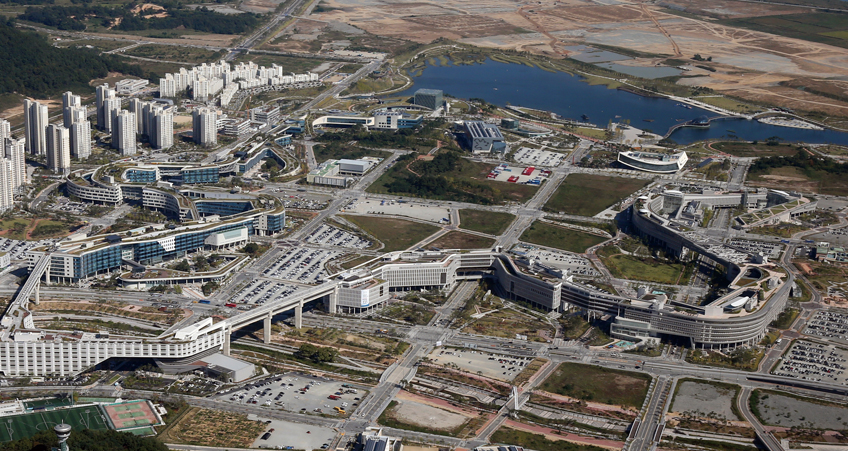
The Korean government promotes “well-balanced regional development” so that it can achieve the administration’s ultimate goal: an economy where every individual across the nation lives well and prospers. © Yonhap News
Speeding Up Provincial Growth
The incumbent government acknowledges that such unbalanced development could prove detrimental to economic growth as a whole. To prevent further deterioration of the situation, the administration has pressed for “well-balanced development across every region” as one of its five major policy goals under a five-year plan.
Now in its third year in office, the government will advance efforts toward regional development this year with projects to stimulate development and investment in the provinces. The hope is that such ventures will create jobs in those areas and put the sluggish national economy back on a stronger growth track.
One of these efforts is a campaign to turn Ulsan into the national hub of the hydrogen economy. Ulsan, a southern coastal city that has long led the nation’s automotive and petrochemical industries, will now focus on hydrogen-powered vehicles and fuel cells to foster them as new growth engines. With the city serving as the base for eco-friendly future vehicles, the government plans to supply around 80,000 units nationwide by 2022. This innovative growth strategy utilizing the clean energy source of hydrogen aims to stimulate the Ulsan economy, which is reeling from a downturn in conventional industries, while boosting the national economy as a whole in the era of the Fourth Industrial Revolution.
Old and outdated buildings in the provinces will undergo major upgrades using an infrastructure budget of KRW 8.6 trillion; the focus of this project is the promotion of everyday neighborhood activities by building public facilities such as libraries and gyms. An urban regeneration project will give 170 old city centers a facelift, and farming and fishing communities will also see significant improvement in living conditions through smart farms and related projects.
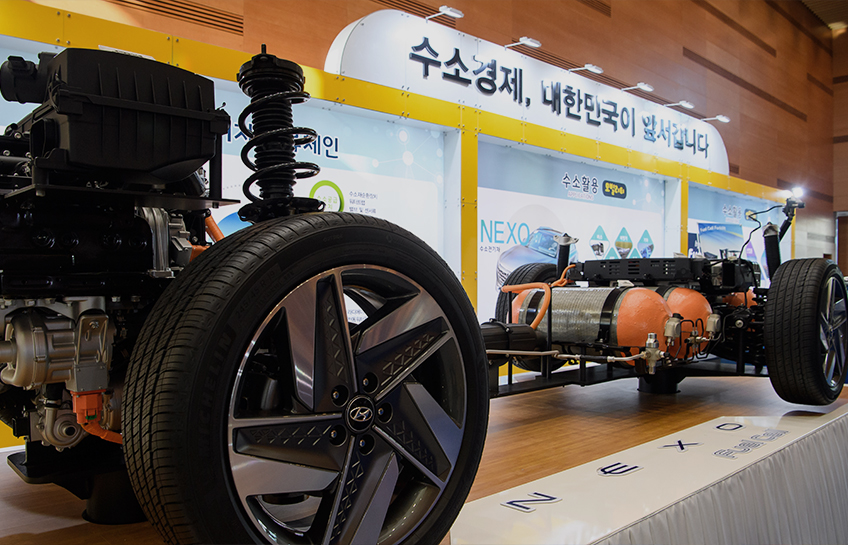
President Moon visited Ulsan at the first 2019 Regional Economy Tour and looked around the hydrogen economy exhibition that showcased hydrogen-powered vehicles, drones and fuel cells. © 2013 PRESIDENTIAL SECURITY SERVICE REPUBLIC OF KOREA
Vast Potential of Regional Economy
President Moon on Jan. 10 said at his New Year’s news conference, “Only when the growth plates of the country’s regional areas expand can the national economy be revitalized.” Thus when underdeveloped areas nationwide see economic development and consequently enjoy more benefits, the government can show its full potential in running a growing and sustainable economy.
The ultimate goal of the Moon administration is to build a nation in which “everyone lives well and prospers.” Well-balanced development in every region is one of the pillars of the government’s vision of a fairer economy and an innovative, inclusive nation during the president’s five-year term. Despite seeing major economic achievements last year such as a record-high USD 600 billion in exports and a trade surplus of USD 70.5 billion, many Koreans have felt no benefit.
A strong and competitive national economy must broadly share the wealth with everyone across the nation. To achieve this objective, the government must reconnect with regional areas, which are crucial components of the national economy, and ensure that they thrive and get bustling just like Sejong.
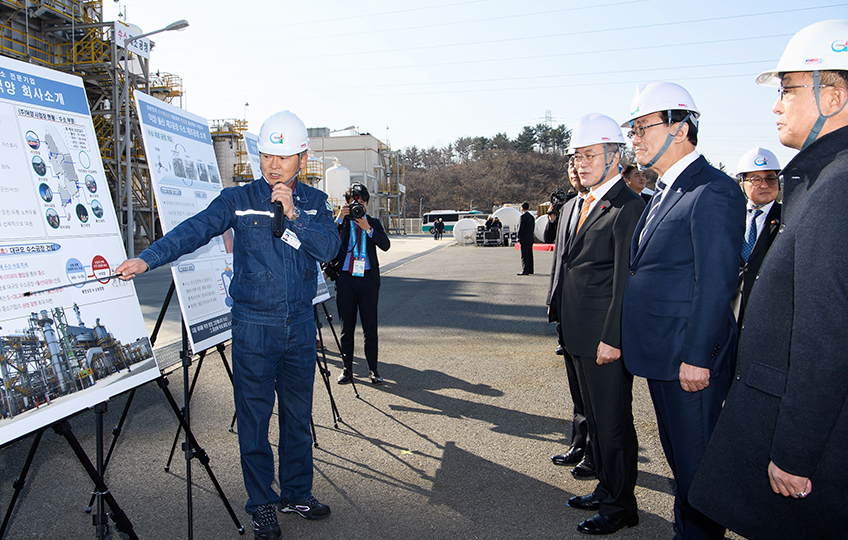
President Moon is listening to the company introduction at Deokyang Inc. factory, the largest supplier of hydrogen in Korea. © 2013 PRESIDENTIAL SECURITY SERVICE REPUBLIC OF KOREA
Other Articles



Gangneung Chodang Dubu












